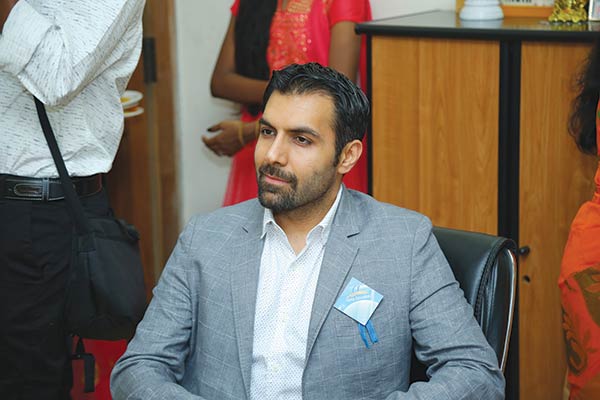Maharashtra: More parent power

In the western seaboard state of Maharashtra — India’s most industrialised state — the tuition fees of government and private aided schools are prescribed annually by the state government. In 2011, against the backdrop of parents complaining against arbitrary fee hikes by the state’s private unaided schools, the state government enacted the Maharashtra Educational Institutions (Regulation of Fee) Act, 2011 (MEI Act) under which private school managements must seek approval from the executive committees of their Parent Teacher Association (PTA) for any fee hike six months before the start of a new academic year.
In May 2017, following further protests by the state’s powerful lobby of middle class parents, who shun free-of-charge government schools in favour of private schools for their progeny, against “profiteering” by private schools, the state government constituted a nine-member committee under retired high court judge V.J. Palshikar to examine this charge.
The expert committee comprising government officials and an equal number of parents and school representatives submitted its report in December 2017. The committee proposed that the executive committees of PTAs decreed by the MEI Act co-opt an extra member representing parents dislodging the parents-teachers equilibrium stipulated by the Act. On November 26, the four-year-old BJP-Shiv Sena government amended the MEI Act, 2011, under which tuition fees of private unaided K-12 schools are governed, to include this recommendation.
Several enlightened provisions of the amended MEI Act, 2011 which became law in 2014 after protracted discussions and debate, make it a model for other state governments confronted with continuous demands and agitations of middle class parents who ill-advisedly call for government regulation of the country’s estimated 320,000 unaided, i.e, financially and administratively independent K-12 schools. S.4 of the Act makes it mandatory for every private school to establish a Parent-Teacher Association — a long-standing demand of EducationWorld — comprising the principal/headmaster as chairperson, a parents’ representative as vice principal, a secretary (from among teachers), two joint secretaries (parents) and members (one parent and one teacher from every standard). The PTA in turn is mandated to elect an executive committee by lottery of every teacher and parent willing to serve on it. In class I-X private schools, the number of executive committee members aggregates 25. In class I-XII schools, 29 members.
The MEI Act stipulates that tuition fees proposed for the next academic year by the governing board/management are required to be approved by the PTA executive committee (s.6 (3)). Moreover s.6 (5) states that if the difference between the tuition fees proposed by the management and PTA committee is less than 15 percent, the tuition fee for the next year shall be the fee proposed by the executive committee. However, if the difference is more than 15 percent, the management has the right to appeal to a five-member Divisional Fee Regulatory Committee (DFRC) chaired by a retired district judge under s.7 of the Act. And under s.12 (2) the tuition fee adjudicated by the DFRC is binding upon the management for a period of two academic years.
Under the recent amendment to the MEI Act, parents are permitted one additional representative on the PTA executive committee which means that in a class I-X private school the total number of parent representatives increases from 13 (of the total number of 25) to 14. The amendment also proposes that a tuition fee hike of more than 15 percent, needs the approval of 76 percent of parents. Moroever the amended Act permits the parents body of each school to approach the DFRC for fee-related disputes if 25 percent of parents oppose their management’s decision.
“Under s.4 of the unamended Act, parents constituted the majority — 13 out of 25 — in a class I-X private school. Now that number will increase to 14. Getting approval of 76 percent of the parents body for fee hikes above 15 percent — necessary for capital and maintenance expenses — will become very difficult for private school managements,” says Jesus Lall, trustee of the Mumbai-based Universal Group of 52 education institutions in Mumbai and across the country.
Nevertheless the silver lining of the amendments proposed to the MEI Act, 2011 is that it has forced parents to become involved with governance and upgradation problems of their children’s schools. In most developed countries PTAs are active and heavily involved with the management and administration of their children’s schools. Therefore, although school managements are apprehensive that PTAs will freeze tuition fees to the detriment of their children’s schools, their rising aspirations will ensure that they will quickly learn that first world education cannot be provided at third world prices. Therefore sane voices will prevail.
Dipta Joshi (Mumbai)














Add comment